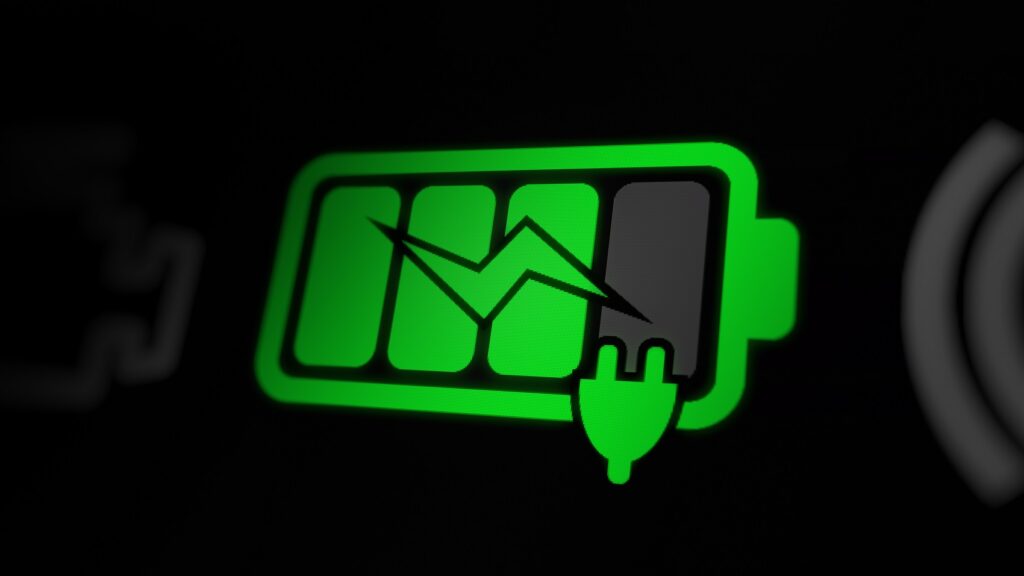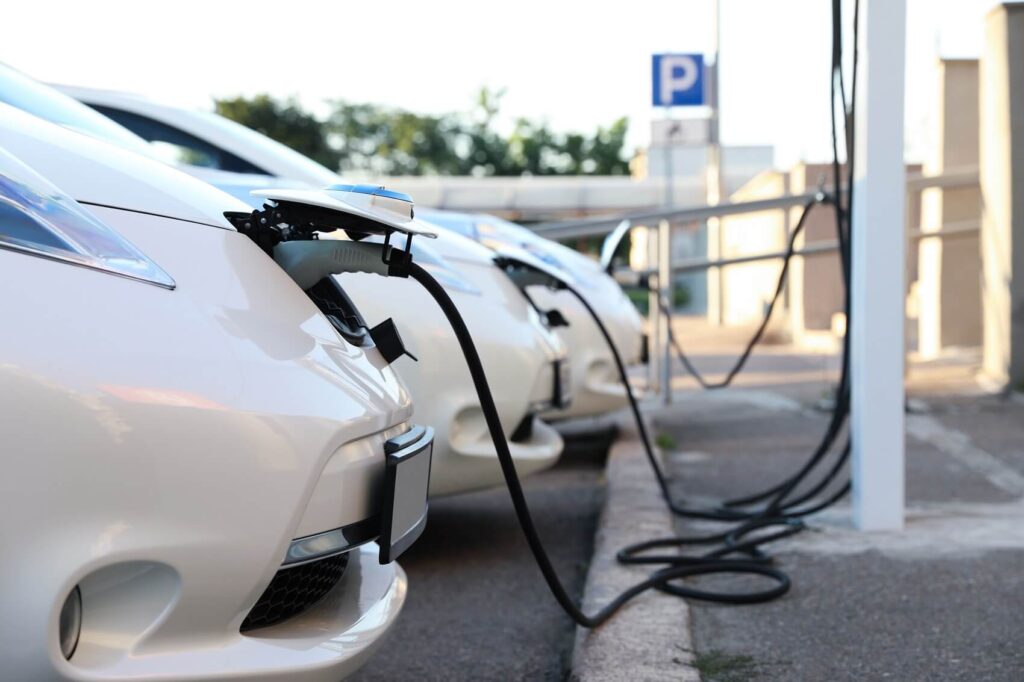Have you been considering making the switch to an electric vehicle (EV)? You may have a few questions as you begin the EV shopping process.
The DriveItAway EV enthusiasts are here to answer common questions about EVs asked by drivers across Haddonfield, New Jersey; Philadelphia, Pennsylvania; Charlottesville, Virginia; and Detroit, Michigan. Read on and discover if an EV is right for you!
What’s the Difference Between an Electric Vehicle and a Plug-in Hybrid?

While both electric vehicles and plug-in hybrids can be charged, there is a big difference. Plug-in hybrids use a combination of electric power and a gas engine to propel the car.
An EV doesn’t have a gas engine. EVs function solely on electric power, requiring a charge to function.
How Can I Charge My EV?
Charging an EV requires access to electricity. You can charge an EV at home via a wall outlet or an installed EV charger. If you want to install an EV charger in your home, DriveItAway can help you finance that option.
While you’re on the go, you can also charge your EV at a public charging station. Think of it as a replacement for a gas station. You go there, charge your EV’s battery, and head on your way!
How Long Does It Take to Charge an EV?

EV charging times depend on a few factors, including the vehicle you drive. Different battery sizes can change the time it takes for your EV to charge.
A home charger, also known as a Level 2 Charger, can take between nine to 13 hours to charge an EV fully. You can charge it overnight for a full charge or plug it in for a partial charge as needed. Level 2 Chargers are also available publicly, so you can charge while shopping or even at the office.
A regular wall socket will also work to charge your vehicle if you don’t want to install a Level 2 Charger. Using a wall socket will charge your EV at a rate of around five miles per hour.
Some public chargers offer fast charging—called DC Fast Chargers. These chargers can charge your EV to around 50 percent in less than an hour.
Do Electric Cars Reduce Emissions?

Since electric cars don’t produce tailpipe emissions like gas vehicles, they don’t contribute to pollution. You use energy rather than gas to charge your vehicle, leading to fewer emissions overall.
As our energy grids get cleaner, so does charging your EV!
How Far Can You Drive in an EV?
There is no standard range for all-electric cars. How far you can drive will depend on the vehicle you choose. On average, our EVs have a range of 200 miles or more on a single charge!
EV ranges are constantly increasing with new technologies and batteries from vehicle manufacturers. It’s entirely possible that electric car ranges will increase beyond these parameters.
Shop for Your Electric Car Today
Now that you’ve had some of your EV questions answered, are you ready to get behind the wheel? Drivers around Haddonfield, NJ; Philadelphia, PA; Charlottesville, VA; and Detroit, MI, can drive an EV without committing to a purchase thanks to the rent-to-own program with DriveItAway. If you have questions, our EV experts are available to answer them.
Download the DriveItAway app and explore our current EV selection in your area to get started!

